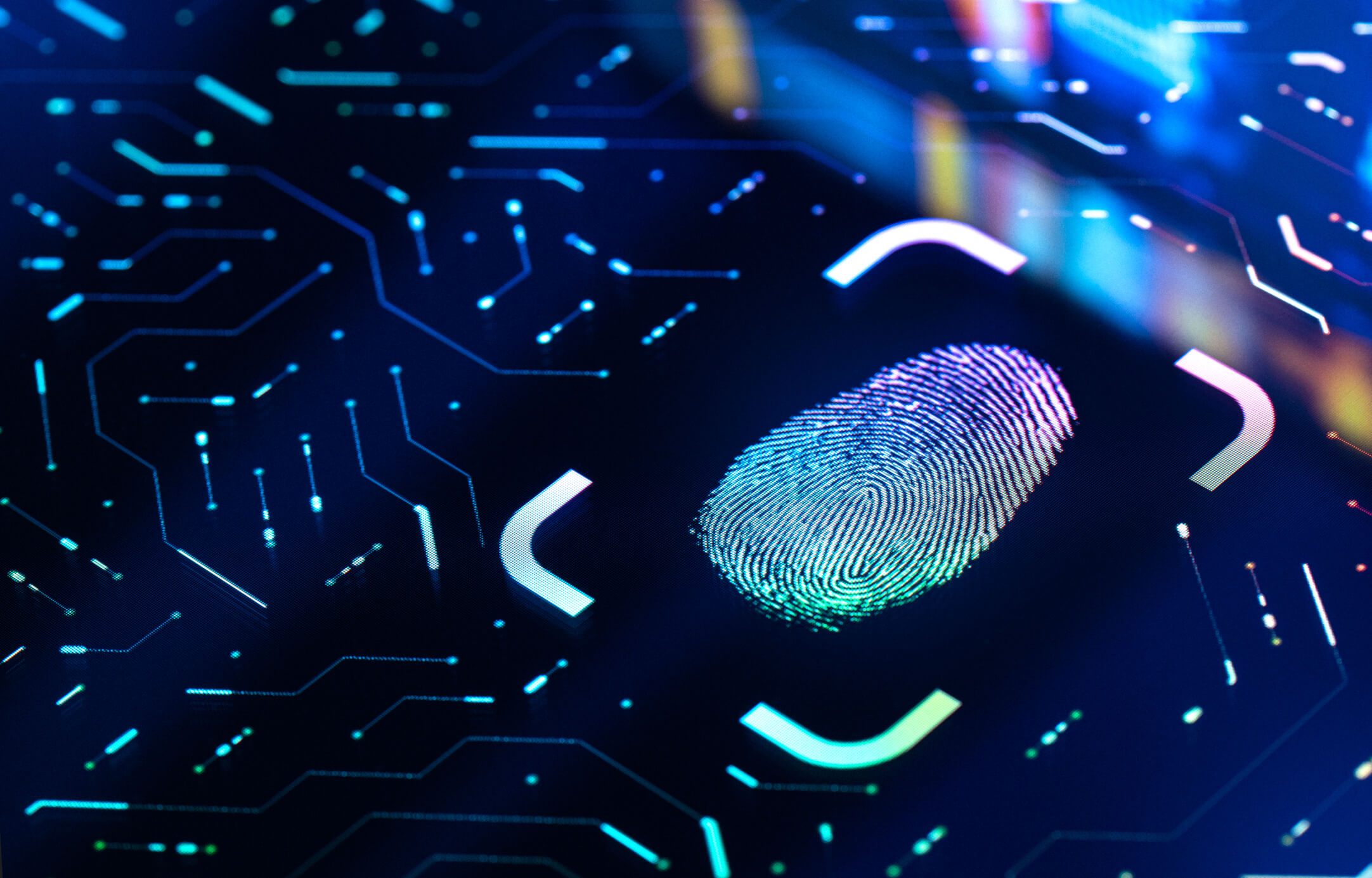It’s time for employers to start preparing for legislation recently signed into law in Illinois, the Artificial Intelligence Video Interview Act. The new law, which takes effect on January 1, 2020, regulates Illinois employers’ use of artificial intelligence (AI) in the interview and hiring process.
Under the AI Video Interview Act, employers that record video interviews and use AI technology to analyze applicants’ suitability for employment must:
- inform applicants that AI technology may be used to evaluate their interviews;
- provide applicants with a written explanation of the technology’s mechanics, including the traits that will be reviewed and analyzed by AI and the characteristics the AI program uses to evaluate applicants; and
- acquire applicants’ prior consent to be assessed by AI technology.
Employers that conduct such interviews may not distribute videos to other parties, except as necessary to obtain expert assistance in evaluating a candidate’s fitness for a particular position. In addition, an employer has only 30 days to destroy all video copies of the interview if an applicant seeks such destruction.
This law highlights a myriad of privacy concerns for employers evaluating the costs and benefits of incorporating AI technology into their hiring practices. As a preliminary matter, employers should consider designing, maintaining, and testing their security systems to ensure that they can (1) comply with their 30-day destruction obligation and (2) prevent unauthorized third parties from acquiring interview videos.
Passage of the Act further highlights how companies may need to implement effective breach-detection processes, act in a timely manner upon receipt of system alerts and warnings, and maintain industry-standard data security measures to prevent unauthorized access to confidential information. Employers with inadequate security precautions may be liable for the negligent distribution of interview videos. In an era when recordings can be reproduced in seconds, potential security breaches may make it difficult—if not impossible—for employers to ensure that they have adequately confirmed the destruction of all video copies.
The potential for information security breaches concerning interview videos poses a host of privacy concerns. For instance, third parties illegally acquiring interview videos could use voice and facial recognition software to mine identifier data. Voice and facial recognition software uses videos to detect and transform voice and facial images into digital data, and data of this type resides in large databases.
Progressively more governmental and other private entities are using this technology as a sophisticated alternative to established biometric measurements, such as fingerprints. This, in turn, creates an increased fear of function creep, or the use of technology outside its intended purpose, and employers may want to take prophylactic measures to protect video interviews and avoid the liabilities associated with having such data land in the wrong hands.
Employers that currently use (or plan to use) AI to analyze applicants should consider preparing the documentation and consents required by the AI Video Interview Act to ensure compliance with the Act’s January 1, 2020, effective date. In addition, those employers may want to provide employees who have the authority to hire or interview applicants with training and written guidance to ensure compliance with the statute’s mandates.
Balancing the above-described risks of using such information against the benefits of AI technology, which can help employers quickly evaluate applicants, make more informed hiring decisions, and potentially reduce attrition and terminations, will be a very company-specific calculation. Those who decide to rely on technology will need to keep current with new legislation such as this statute, protect their applicants’ privacy rights, and prevent technology use outside its intended function. Because Illinois increasingly follows California in introducing progressive employment legislation, employers may wish to contact their state representatives and senators to provide feedback and recommended changes to pending legislation.







